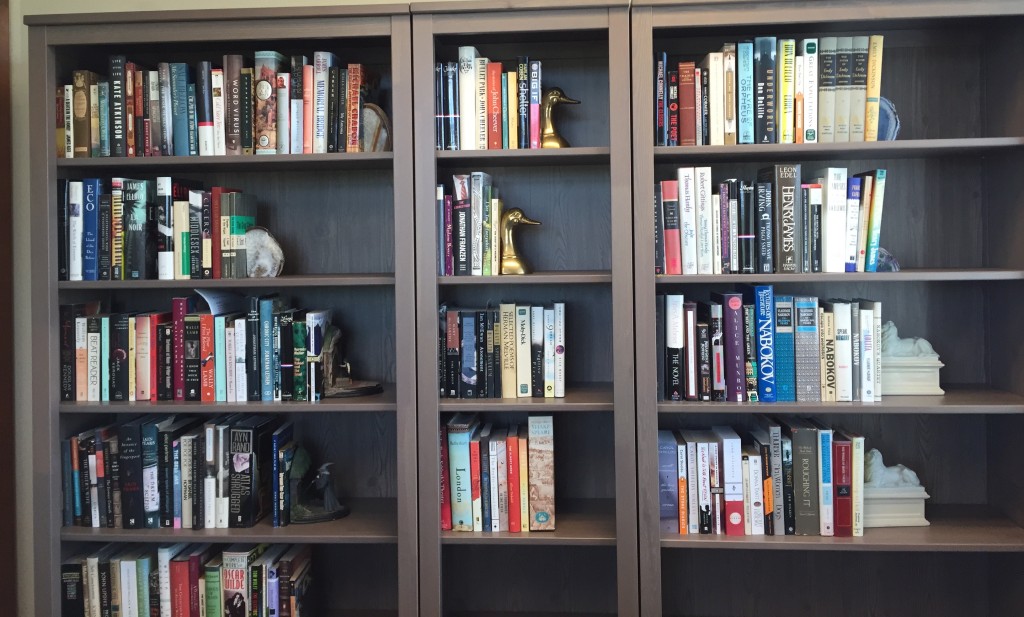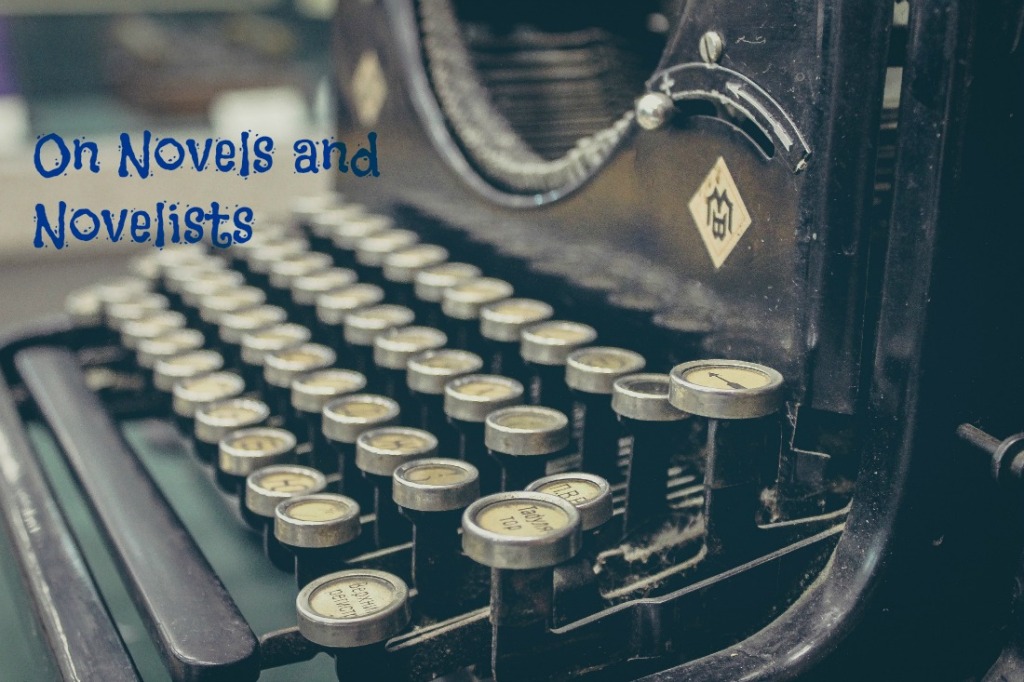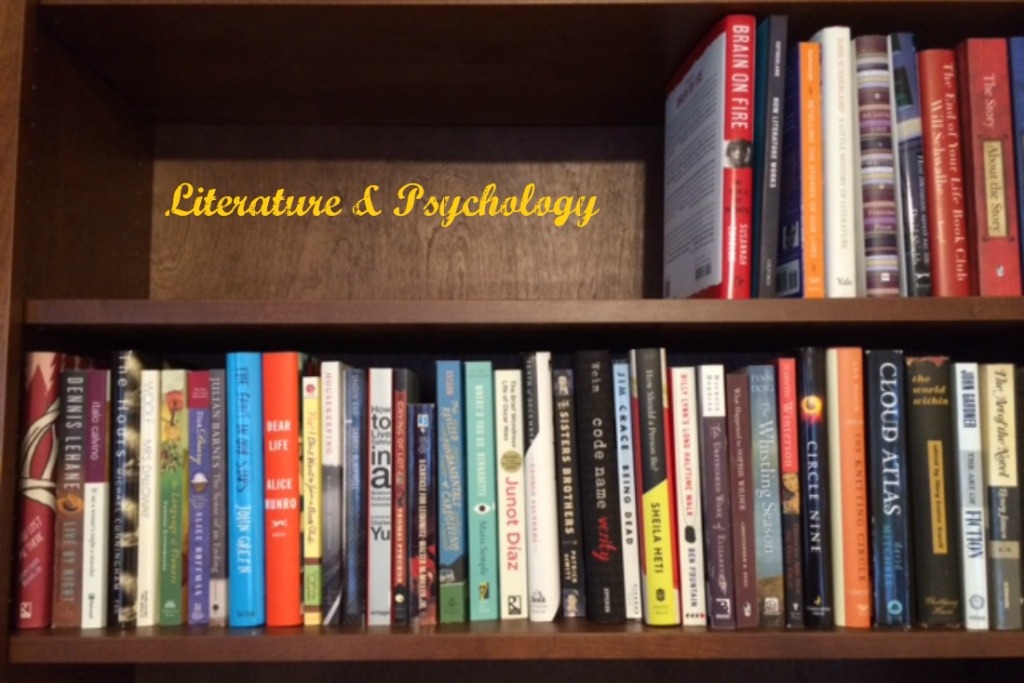On Reading
Everything Science Knows About Reading On Screens This article summarizes research into how we read differently on screens than in books. Of course not all screens are the same: A smartphone screen is much smaller than a laptop or desktop computer screen, a Kindle is different from an iPad. “But many researchers say that reading […]




